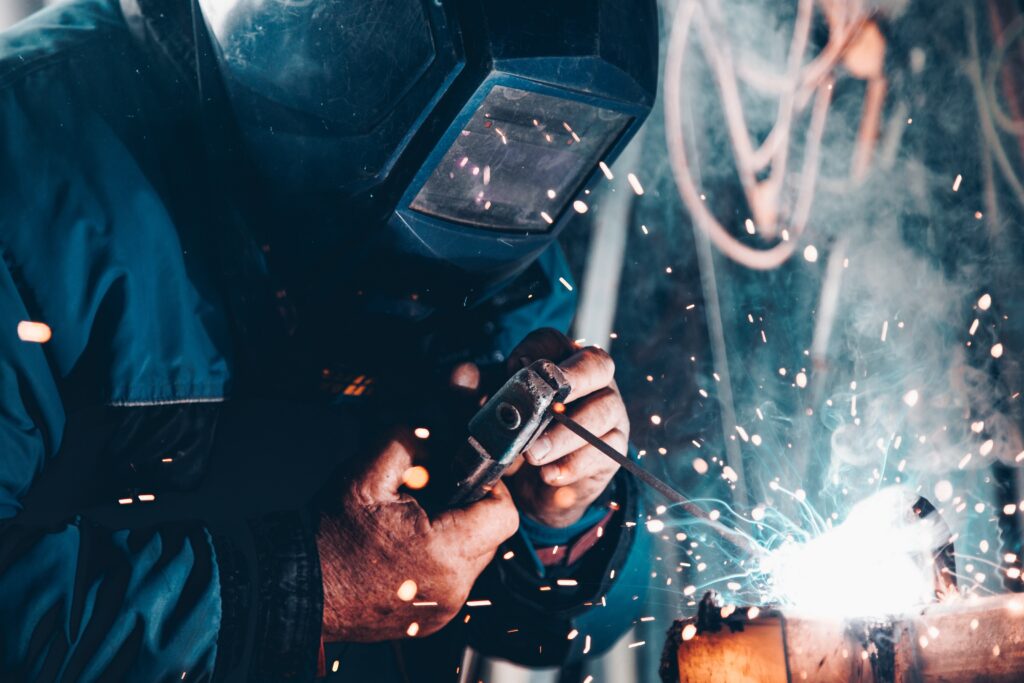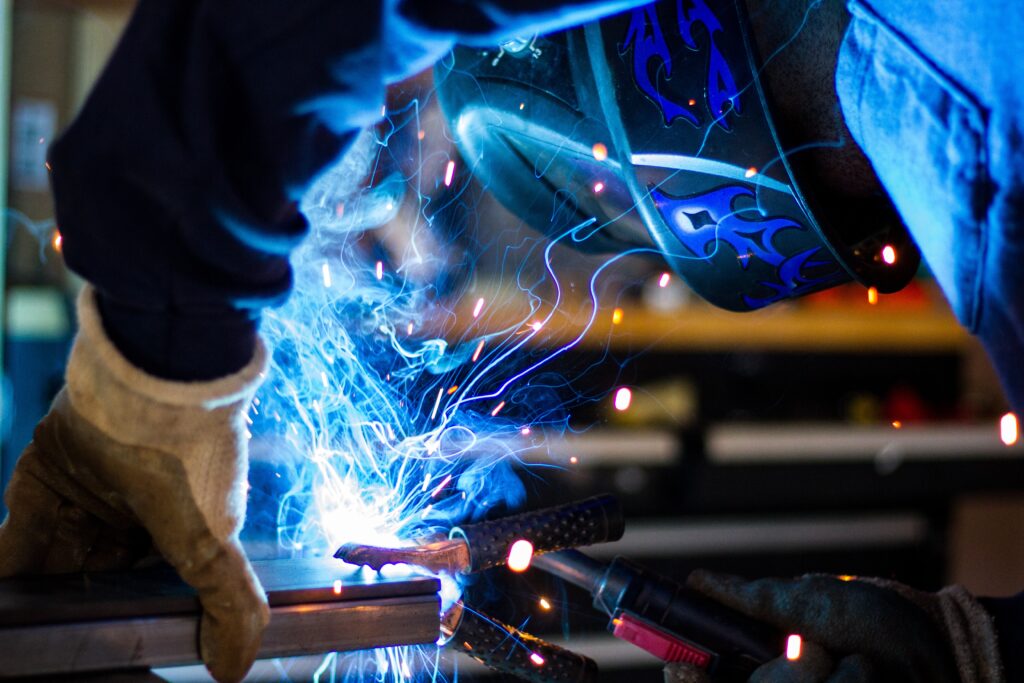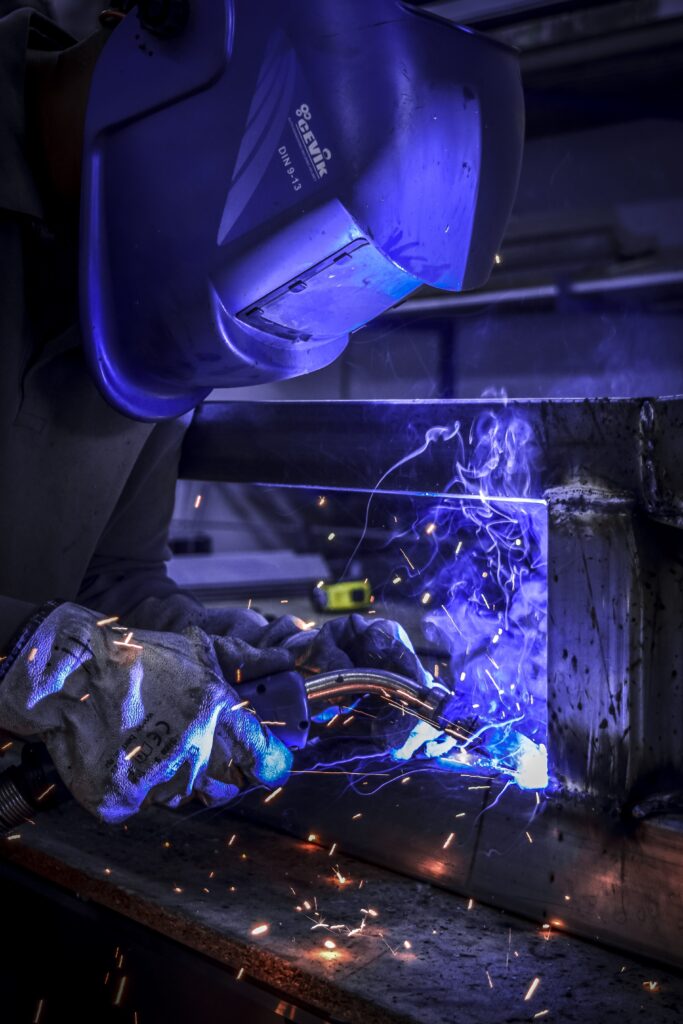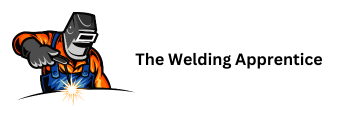You’re probably here because you’re intrigued by the world of welding and wondering if it’s the right career path for you. Well, you’re in luck! “How Do I Know If Welding Is For Me?” is the ideal guide to give you a comprehensive understanding of the welding industry. This unique resource is thoughtfully designed to offer insights into the skills required, technicalities involved, and an honest look at the day-to-day life of a welder. By the end of your journey with this guide, you’ll have a clearer picture of whether welding truly aligns with your career aspirations and personal interests. Enjoy your exciting exploration into the dynamic universe of welding!

Understanding the Basics of Welding
Contrary to popular belief, welding isn’t just about fusing metals together. Let’s traverse through its premise to understand its core basics.
What is Welding?
Welding is a fabrication process that involves joining two or more parts usually metals or thermoplastics, by applying high heat to melt the parts together and allowing them to cool, causing fusion. It’s an essential skill in many industries, given its wide applicability and versatility.
Different Types of Welding
There are several types of welding, including, but not limited to, MIG (Metal Inert Gas), TIG (Tungsten Inert Gas), and Stick welding. They differ primarily in terms of the materials they can work with and their relative ease or difficulty. MIG is probably the easiest for beginners to learn, while TIG is more diverse in its application but requires a higher level of skill.
The Importance of Welding in Various Industries
Welding holds a significant place in myriad industries, thanks to its knack for solid, durable, and efficient results. It plays a crucial role in sectors like automotive manufacturing, defense, oil & gas, and infrastructure development, among others.
The Essential Skills Needed for Welding
Welding is an extensive field that demands a unique mixture of technical skills, physical strength, and an eye for detail.
Hand-Eye Coordination
Good hand-eye coordination is a must for welders, as it aids in ensuring precision in their work. This skill helps align the welding material accurately, which directly impacts the quality of the finished product.
Attention to Detail
Welding often deals with intricate designs and minuscule measurements, making attention to detail critical. Any minor deviation may result in significant differences in the weld’s stability and strength.
Physical Strength and Stamina
Given the physical rigor involved, having a good level of physical strength and stamina is essential for welders. They often have to carry or manipulate heavy equipment and work in challenging positions for extended periods.
Technical Skills
Having sound knowledge of welding techniques, equipment operation, blueprint reading, and interpreting welding symbols is critical for becoming a proficient welder.

Knowing the Risks Involved in Welding
Awareness about the risks associated with welding is just as crucial as honing your skills.
Physical Risks and Hazards
Welders are regularly exposed to extreme heat, sparks, and spatter. These can lead to burns if not properly managed with safety gear and safe working practices.
Health Risks from Fumes and Gases
Welding produces certain types of fumes and gases that can be harmful if inhaled. These can lead to long-term health issues like lung diseases, cancer, and neurological damage.
Safety Measures to Consider
Practicing safety measures, such as wearing appropriate safety gear, working in well-ventilated spaces, and following all recommended safety procedures, is integral to minimizing these risks and mitigating hazards.
Education and Training Requirements
Like any career, pursuing welding necessitates certain educational and training prerequisites.
Typical Educational Path for a Welder
Most aspiring welders start by earning a high school diploma or equivalent, followed by a vocational training program or community college degree in welding technology.
Types of Welding Certifications
Getting certified can help bolster prospects, and there are several certifications available, like Certified Welder (CW) or Certified Welding Inspector (CWI), offered by various institutions like the American Welding Society.
Learning from Apprenticeships
An apprenticeship is a hands-on training program that combines job-related instruction with actual welding work, allowing a more immersive and practical learning experience.

Career Opportunities in Welding
A career in welding can open doors to a variety of industries, roles, job titles, and advancement prospects.
Job Roles and Titles for Welders
Job roles can range from Welder and Welding Technician to Welding Engineer and Welding Inspector, each with its unique requirements and duties.
Industries That Employ Welders
Automotive, construction, manufacturing, oil & gas, shipbuilding are just a few industries that actively employ welders. Welding skills are transferable across sectors, allowing a wide range of opportunities.
Advancement Opportunities for Welders
With experience, welders can move into roles like Supervisor or Manager or specialize in areas like Inspection or Engineering, offering growth prospects for those willing to expand their skillset.
Typical Work Environment for a Welder
Like with any job, understanding a welding career’s typical work environment can help set realistic expectations and make informed decisions.
Indoor Vs Outdoor Welding
While some welding jobs are done indoors within well-equipped workshops, others may require working outdoors in varying weather conditions. The work environment largely depends on the nature of the welding job.
Traveling and Seasonal Welding Opportunities
Certain welding jobs may require traveling to different job sites, possibly across states or even countries. These could be temporary or seasonal opportunities based on project requirements.
Working Conditions and Physical Demands
Welding is often physically demanding, requiring long hours standing, lifting heavy equipment, and in certain cases, working in uncomfortable positions. Being fit is essential to endure these demands effectively.
Financial Aspect of Welding Career
A crucial aspect to consider while contemplating a welding career is its monetary front.
Average Salary of a Welder
The average income of welders can vary significantly based on factors like their level of experience, specialization, location, and the industry they work in.
Factors Affecting Welder’s Salary
Besides the variables mentioned earlier, other elements like certifications, the complexity of work, and demand-supply dynamics also contribute to wage variations.
Job Outlook for Welders
The job outlook for welders, cutters, solderers, and brazers is expected to grow, with potential job opportunities rising as the construction and manufacturing sectors expand.
The Pros and Cons of a Career in Welding
Like all professions, a career in welding also comes with its unique set of advantages and challenges.
Advantages of Being a Welder
The profession offers diverse opportunities, good earning potential, a chance to work with your hands, and the satisfaction of seeing the tangible results of your effort.
Disadvantages and Challenges of Welding
On the flip side, it involves physical labor, potential health risks, and can sometimes require working in challenging conditions or traveling extensively.
Weighing the Pros and Cons
As you mull over these pros and cons, remember that it’s vital to consider your personal circumstances, interests, and goals to make the best decision for your career.
Personal Characteristics of Successful Welders
Certain personal characteristics can predispose you to success in welding.
Patience and Perseverance
Welding demands a great deal of patience and perseverance. The nature of the work requires extreme focus and meticulousness, which is often tested on complex jobs.
Problem-Solving Skills
Welding often involves overcoming hurdles and finding solutions to unforeseen problems. Therefore, having well-developed problem-solving skills is crucial.
Creativity and Artistic Ability
Welding may also involve designing and executing decorative metalwork, requiring creativity and artistic ability. It allows you to bring your unique touch to a piece, making it a blend of art and science.
Self-Assessment: Is Welding Right for You?
This is perhaps the most critical question to ponder. Welding isn’t for everyone, but maybe it’s right for you!
Ability to Withstand Physical Labor
If you have the physical ability to withstand strenuous work, get a kick out of creating tangible items, and fancy yourself a bit of a problem solver, you hold the ability.
Readiness to Learn New Skills Regularly
The welding industry is always innovating. If you are excited about learning new techniques and skills, and don’t mind investing time in regular upskilling, you are ready.
Comfort Working in Diverse Locations and Conditions
If you take pleasure in diversity and can adapt to different work environments – be it a factory, outdoors in all weathers, or even underwater, you have comfort!
Willingness to Adhere to Safety Standards
Being able to understand the importance of safety measures and comply with them diligently is non-negotiable. If you can pledge to adhere unwaveringly, you have the willingness.
Only you can ultimately determine if a career in welding is the best fit for you. It is a profession that’s challenging yet rewarding, demanding, yet gratifying. Welding can be just the career for those who relish hands-on work and take pride in crafting something useful and durable from raw metal.
